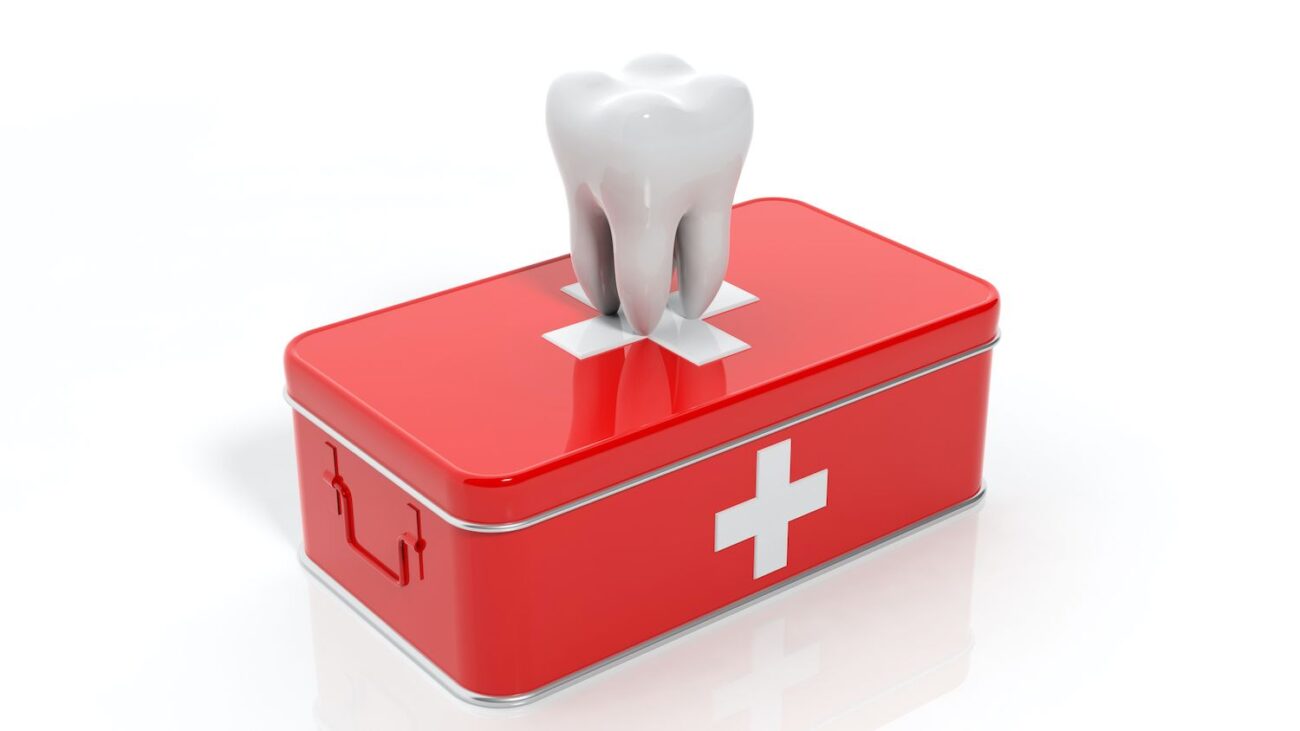Your smile is a crucial part of your identity. People can tell a lot about us just based on our smiles. Therefore, many people invest time and money into their oral health. However, dental emergencies can strike unexpectedly. Like any emergency, it can cause discomfort and anxiety. When it concerns teeth, some people don’t know when they should actually make an emergency appointment. Knowing what constitutes a dental emergency and what to do can make all the difference in preserving your oral health.

How to Define a Dental Emergency?
It can be hard to understand what is an emergency and what can wait. Simply, a dental emergency is an urgent oral health issue that demands immediate attention from your dentist. Unlike a routine visit, an emergency comes suddenly and out of nowhere. You may need intervention due to pain, to prevent further damage, or to protect your overall well-being. But, what is the difference between minor pain and an emergency?
If you know the signs of an emergency, you can make sure that you get a quick response and the right treatment.
Common Dental Emergencies
Examples of commonly occurring emergencies might help you when you are in need. If you find yourself in one of the following situations, you should contact our office at once.
Severe Toothache
A persistent, throbbing toothache can be a sign of a much more serious issue. For example, you may have an infection or advanced dental decay. If your pain is intense or lasts a long time, you should seek medical attention as soon as possible.
Knocked-Out Tooth
Accidents happen, especially when playing sports. As a result, a knocked-out tooth demands immediate attention. With this kind of emergency, you are on the clock to get to a dentist. Place the tooth in a clean container with milk or your saliva as you make your way to the dentist. You typically have an hour window for the best chance to re-implant your tooth.
Broken or Cracked Tooth
Fractured teeth can expose sensitive nerves. This can lead to excruciating pain. While you contact your dentist, rinse your mouth with warm water and apply a cold compress to reduce swelling.
Lost Dental Filling or Crown
A lost filling or crown can allow pressure or bacteria into the vulnerable inner layers of the tooth. As a result, you are at risk of developing decay or an infection. Additionally, you may even experience more structural damage. You need to protect the area with dental wax or temporary cement while you schedule an emergency dental appointment.
Abscess or Swelling
Facial swelling may mean that you have a dental abscess, especially if you have pain or a pimple-like bump on the gums. These infections can spread rapidly and damage your overall health.
Injury to Soft Tissues
Accidental bites, cuts, or injuries to the lips, tongue, or cheeks can cause a lot of bleeding and discomfort. You need to seek emergency attention to stop the bleeding and prevent an infection. Apply gentle pressure with a clean cloth and call your dentist.
Delaying treatment for a dental emergency can lead to worse pain or a bigger risk of complications. As a result, you should contact our office if you have any questions or concerns.
